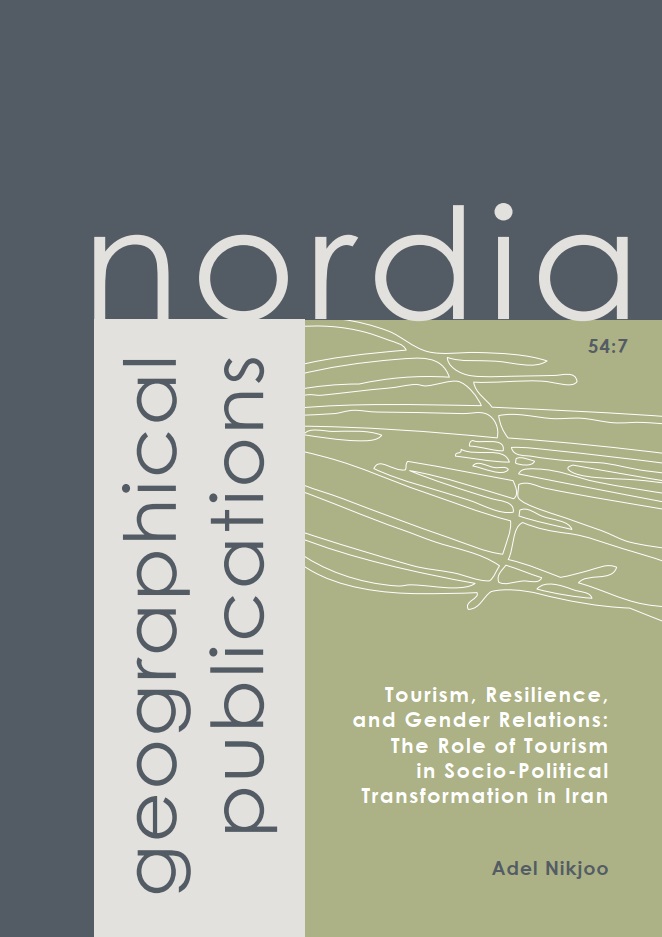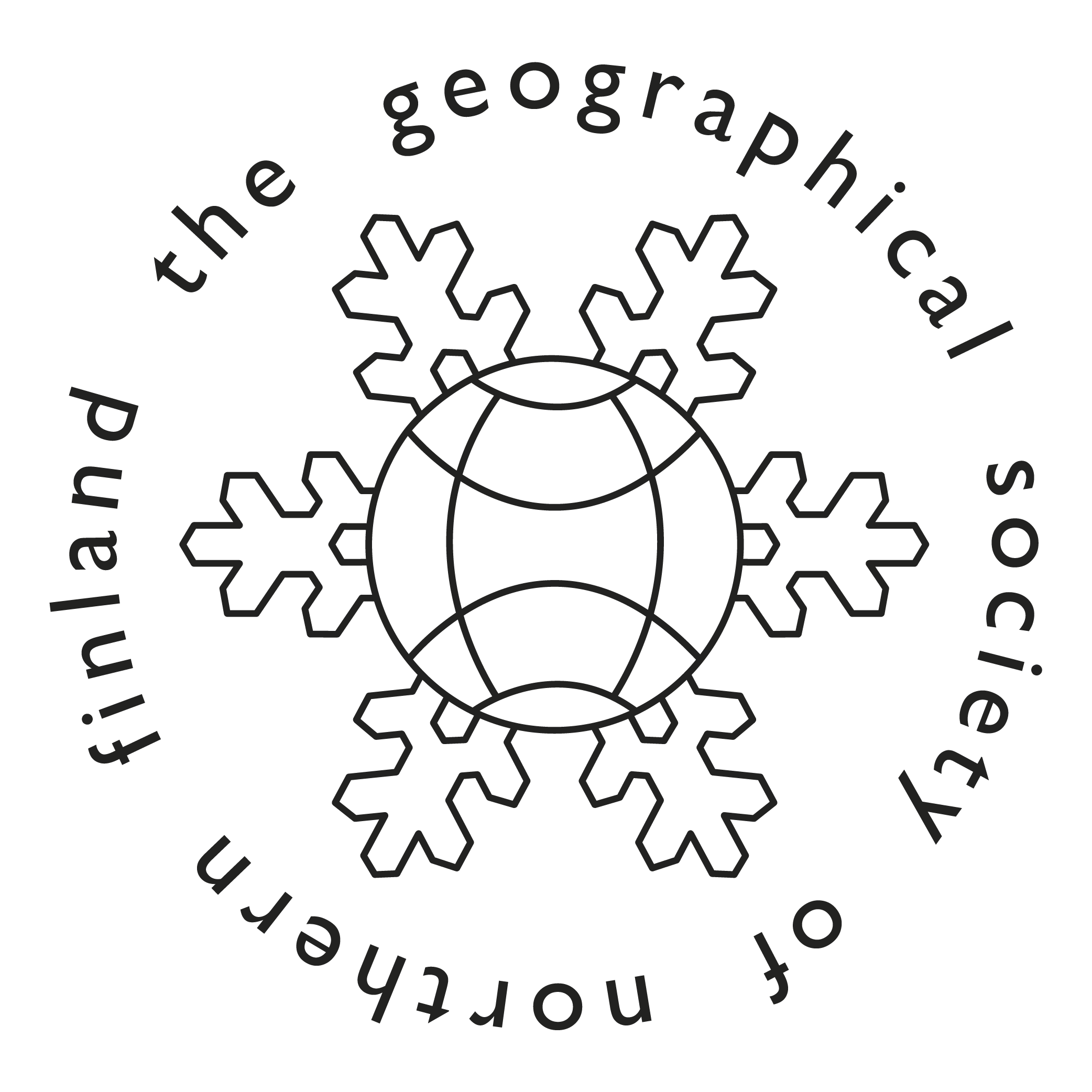Call for Papers - Fieldwork in geography and geographies of fieldwork
The Geographical Society of Northern Finland and the Geography Research Unit at the University of Oulu are pleased to announce a call for papers for Nordia Geographical Publications' Theme Issue on "Fieldwork in geography and geographies of fieldwork".
This theme issue aims to bring together research and discussions about fieldwork, which is a topic that connects geographers and geographically oriented scholarship across (sub)disciplines.
Deadline for he preliminary title and abstract is 30th of April, 2025 and the manuscript submission deadline is 30th of September, 2025.








